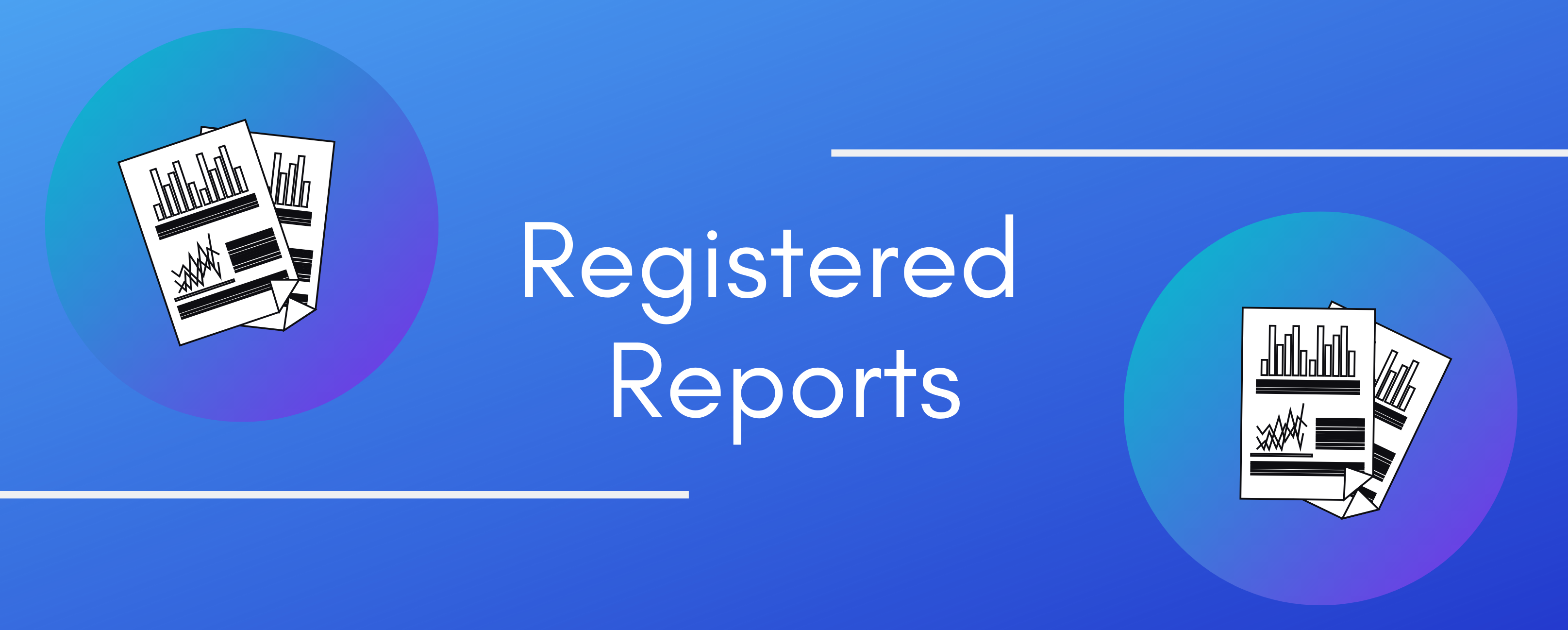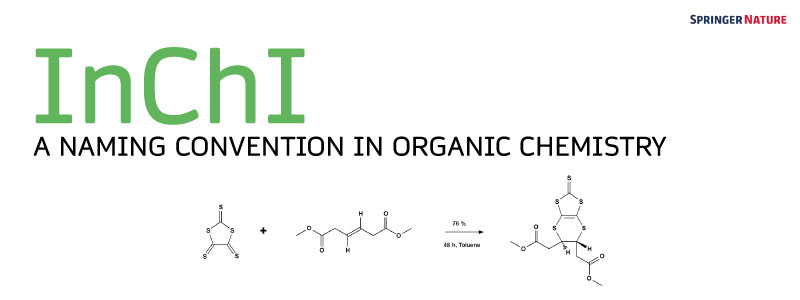Registered Reports: A Q&A with Chief Editor of Nature Human Behaviour
To help us understand more about registered reports and their role in the peer review process, we invited Chief Editor of Nature Human Behaviour, Stavroula Kousta to answer few of our burning questions. What exactly are Registered Reports?Registered Reports are an innovative article format that shift the emphasis from the results of research to the significance of the research question and the rigour of the methods. With Registered Reports, peer review happens in two stages: in the first stage, before any data collection or analysis has taken place, reviewers evaluate the significance and robustness of the research protocol, which consists … Read more…







